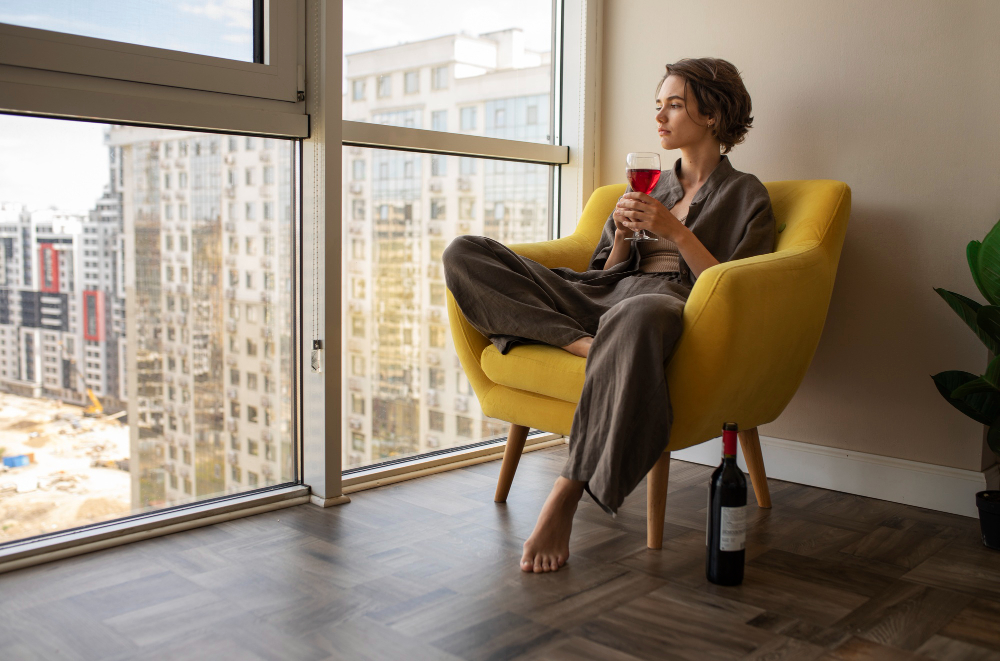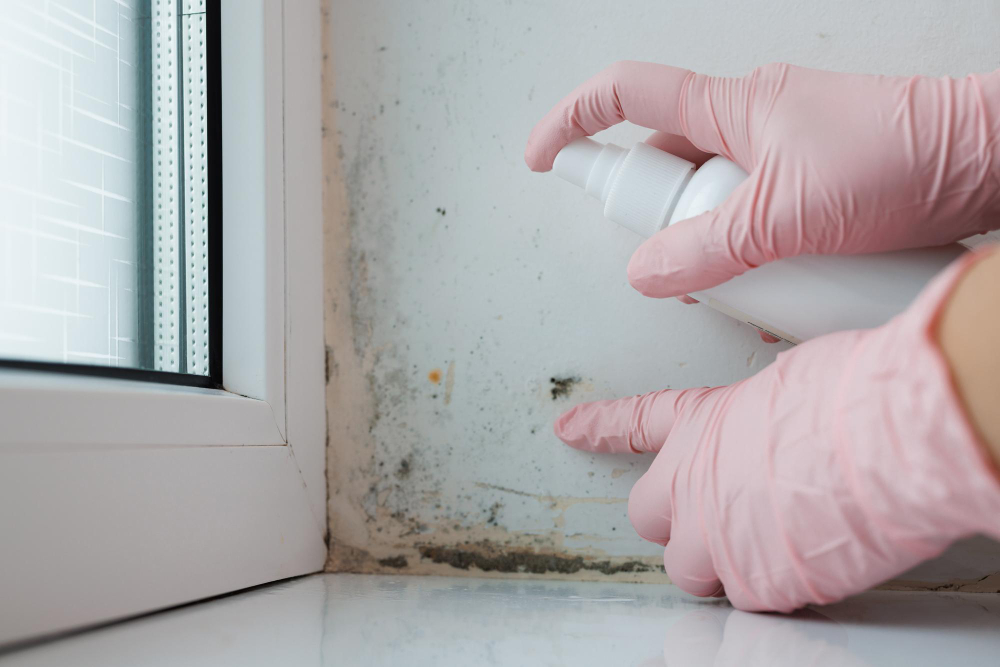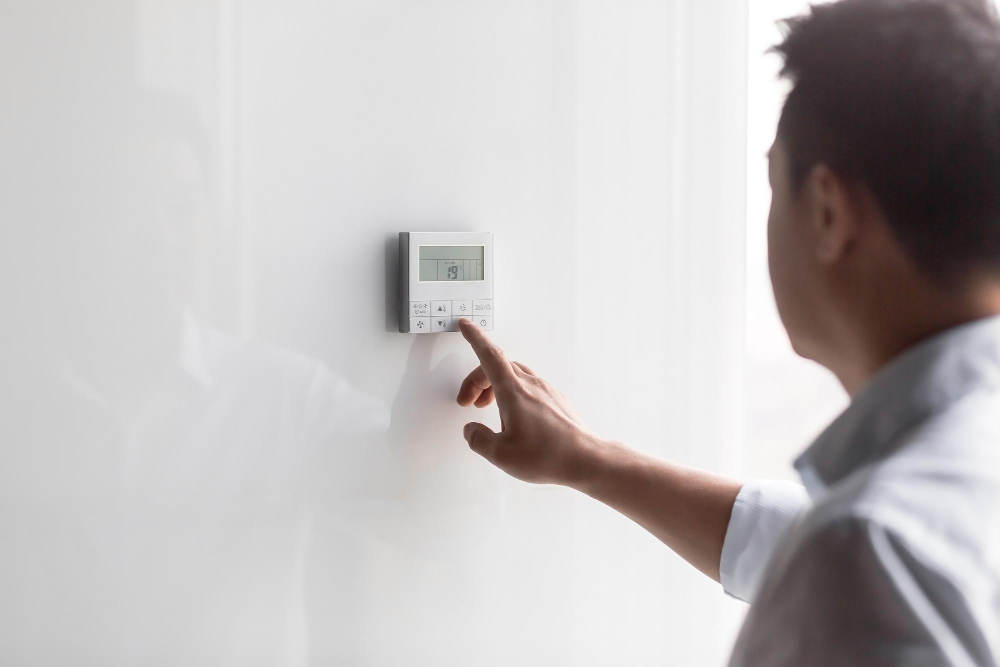
An apartment can offer convenience and comfort, but maintaining a healthy indoor environment is essential. Proper ventilation is one of the most crucial factors for maintaining good air quality and overall health. Whether in a high-rise city apartment or a cosy suburban flat, ensuring adequate ventilation has numerous benefits. This blog will explore the critical advantages of proper ventilation in your apartment this year.
Improved Air Quality

Proper ventilation directly impacts the air quality in your apartment. Pollutants, dust, and allergens can accumulate without adequate airflow, leading to poor indoor air. Modern apartments often have tightly sealed windows and doors, which are excellent for energy efficiency but can trap harmful airborne particles.
By ensuring that fresh air flows through your living space, you can significantly reduce the concentration of indoor air pollutants. This creates a healthier living environment and prevents potential respiratory problems like asthma, allergies, and bronchitis.
Reduces Condensation and Dampness
Another critical benefit of proper ventilation is the reduction of condensation and dampness. Without it, humidity levels rise, leading to moisture buildup on walls and windows. Over time, this can cause mould growth and structural damage to your apartment. Mould looks unsightly and can trigger allergic reactions and respiratory issues.
Ventilating your apartment helps to control humidity levels, preventing condensation from becoming a long-term problem. Whether through mechanical ventilation systems or simply opening windows, consistent airflow keeps your home dry and mould-free.
Prevents Mold and Mildew

As previously mentioned, improper ventilation can lead to mould and mildew growth, especially in areas with high moisture levels like kitchens and bathrooms. Mold thrives in damp, poorly ventilated spaces, spreading rapidly and damaging furniture, walls, and other surfaces. Moreover, mould spores in the air can cause allergic reactions, coughing, and even asthma attacks.
A well-ventilated apartment will reduce the likelihood of mould and mildew forming. This, in turn, creates a healthier living space while protecting the structural integrity of your home. Installing extractor fans in bathrooms and kitchens, which are more prone to dampness, can be effective.
Regulates Temperature

Ventilation plays a critical role in regulating the temperature inside your apartment. Without it, your living space can become stuffy and uncomfortably hot, especially during summer. Proper airflow helps cool down your apartment by allowing hot air to escape and fresh air to enter.
On the other hand, ventilation helps circulate heated air more efficiently throughout your apartment during winter. In both cases, adequate ventilation enables you to maintain a comfortable and balanced indoor temperature, which is especially beneficial if you want to reduce your energy bills.
Eliminates Unpleasant Odors
Apartments can quickly accumulate unpleasant odours from cooking, pets, or cleaning products. Poor ventilation traps these smells, creating a stale and unpleasant indoor environment. Whether you love cooking strong-scented foods or want to freshen up your living space, proper ventilation is critical to eliminating lingering odours.
A well-ventilated apartment ensures fresh air replaces stale air, keeping your living space clean and fresh. Consider opening windows or using exhaust fans in rooms like the kitchen, where strong odours are common.
Promotes Better Sleep
Proper ventilation also plays a vital role in improving your sleep quality. When the air in your apartment is stale or lacks oxygen, it can disrupt your sleep and make you restless throughout the night. Additionally, rooms that are too warm due to poor ventilation can make sleeping uncomfortable.
Allowing fresh air to circulate through natural ventilation or air conditioning helps regulate the room’s temperature and oxygen levels. This creates a more comfortable environment, allowing you to enjoy a better night’s sleep and wake refreshed.
Improves Mental Well-Being
There’s a close connection between air quality and mental health. Poor ventilation can result in stuffy, oppressive indoor air that affects your mood and mental clarity. Studies have shown that indoor environments with better ventilation and air quality can lead to increased focus, reduced stress, and an overall boost in mental well-being.
Proper airflow introduces fresh air, which helps reduce feelings of lethargy and drowsiness. If you work from home or spend extended periods indoors, adequate ventilation is essential for maintaining mental sharpness and energy levels.
Increases Energy Efficiency
Ventilation impacts air quality and energy efficiency in apartments. By keeping the air circulating, you reduce the need for constant air conditioning or heating, which in turn saves energy. Proper ventilation systems, such as heat recovery units, can capture heat from outgoing air and transfer it to incoming air, optimizing energy use.
This leads to lower energy bills and a reduced carbon footprint, making your apartment more environmentally friendly while maintaining a comfortable living space.
Increases Property Value
A well-ventilated apartment is an attractive feature for potential buyers or tenants. Good ventilation means lower chances of mould, better air quality, and overall healthier living conditions—all of which contribute to maintaining the value of your property.
If you plan to sell or rent out your apartment, ensuring proper ventilation can be a significant selling point, as it demonstrates a well-maintained and healthy living environment.
Conclusion
Proper ventilation is crucial for maintaining a healthy, comfortable, and energy-efficient living space. The benefits of good ventilation are numerous, from improving air quality to regulating temperature, reducing mould growth, and even enhancing mental well-being. Whether you achieve this through natural methods or mechanical systems, prioritizing ventilation this year will have long-term positive effects on your health, comfort, and property value.










Comments (0)
Leave a comment